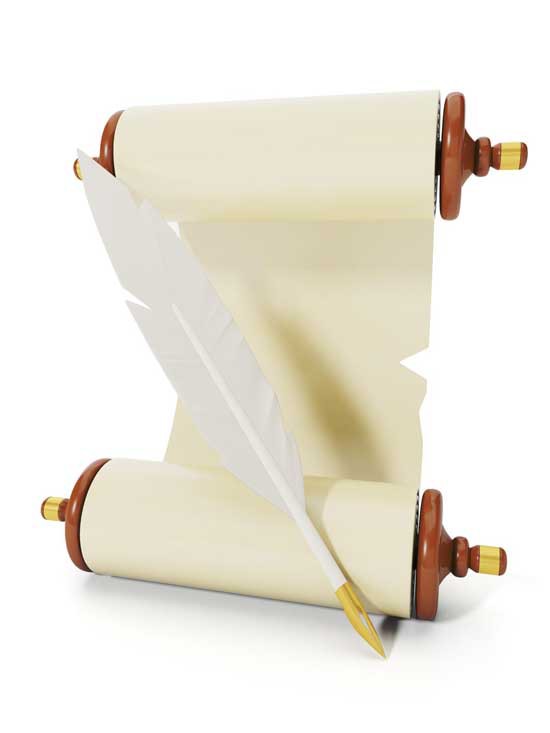How long are the words of the Italian language? If you ask an Italian what is the longest word in the dictionary, his answer will almost certainly be precipitevolissimevolmente. The superlative of the adverb “precipitevolmente” consists, indeed, of twenty-six letters. It is a term belonging to a non-scientific terminology that indicates a “rather hasty” way of doing.

The term was introduced by Francesco Moneti, who during the seventeenth century wrote the curiously titled Cortona Convertita.
Although this is an odd case, since it does not respect grammatical conventions, our precipitevolissimevolmente belongs to the family of superlatives. It should, in fact, be noted that the adverbs’ superlatives ending with –mente, in Italian are formed by adding the suffix to the feminine superlative of the adjective, which is precisely -mente. In this case the superlative at the centre of our discussion, should have definitely been written precipitevolissimamente since it stems from the feminine adjective precipitevolissima. Francesco Moneti The linguistic father of this word, Francesco Moneti aimed at creating a term that was an hendecasyllable. In fact, the correct form would not have had the required number of syllables for his intent.
A lot of time has gone by since Moneti introduced this kilometric word and, in fact, today the longest term in the Italian dictionary has instead become a neologism, psiconeuroendocrinoimmunologia, with its thirty letters and thirteen syllables.
Shortened in the acronym PNEI, this expression refers to a discipline that studies the functioning of the nervous, immune and endocrine systems.
Once again, in the field of medical terminology, esofagodermatodigiunoplastica, with its twenty-nine letters is one of the longest words in the Italian language. It concerns a surgery involving the digestive system and that pertains to the field of plastic surgery.
Another curiosity comes from the family of compound words, of which the longest would be a term in geometry, i.e. pentagonododecaedrico-tetrahedral, with its thirty-two letters, while aerotermoviscoelasticità possesses twenty-four! Try to pronounce one after the other!
Schecchereccherebbe, on the other hand, would be the longest word with only one specific vowel with its nineteen letters and a unique set of six vowels “e!” It is easy to guess that it is a term evoking the onomatopoeic chatter of birds.
Who is not familiar with the movie from the sixties, Mary Poppins?
“Supercalifragilistichespiralidoso” is an expression of thirty-four letters that the main character uses during the scene after the horse race. Surrounded by a crowd of journalists, Mary Poppins says that the only expression that can manifest her happiness is precisely supercalifragilistichespiralidoso, which later became the world’s most famous Disney expression, although is actually devoid of real meaning.
Supercalifragilisticexpiralidocious is the original expression from which originates the Italian translation: it is a song written by Richard M. and Robert B. Sherman, sung in the Italian version by Tina Centi, Rita Pavone, and Nancy Cuomo. It is these two brothers who invented the word by combining some known terms in the language of the time: Super stands for “above”, cali for “beauty”, fragilistic for “fragile, delicate”, expiali for “to atone” and docious stands for “educable”. Therefore the overall meaning would be: atoning for educability through delicate beauty.
In that famous film, winner of five Oscars, including one for best song and soundtrack, supercalifragilisticexpialidocious is a kind of a magic formula to be used in the most absurd and difficult situations. The word is actually complete nonsense, an artificial and fantastic construct, but so effective, curious and funny as to remain in the memory of all of us.


